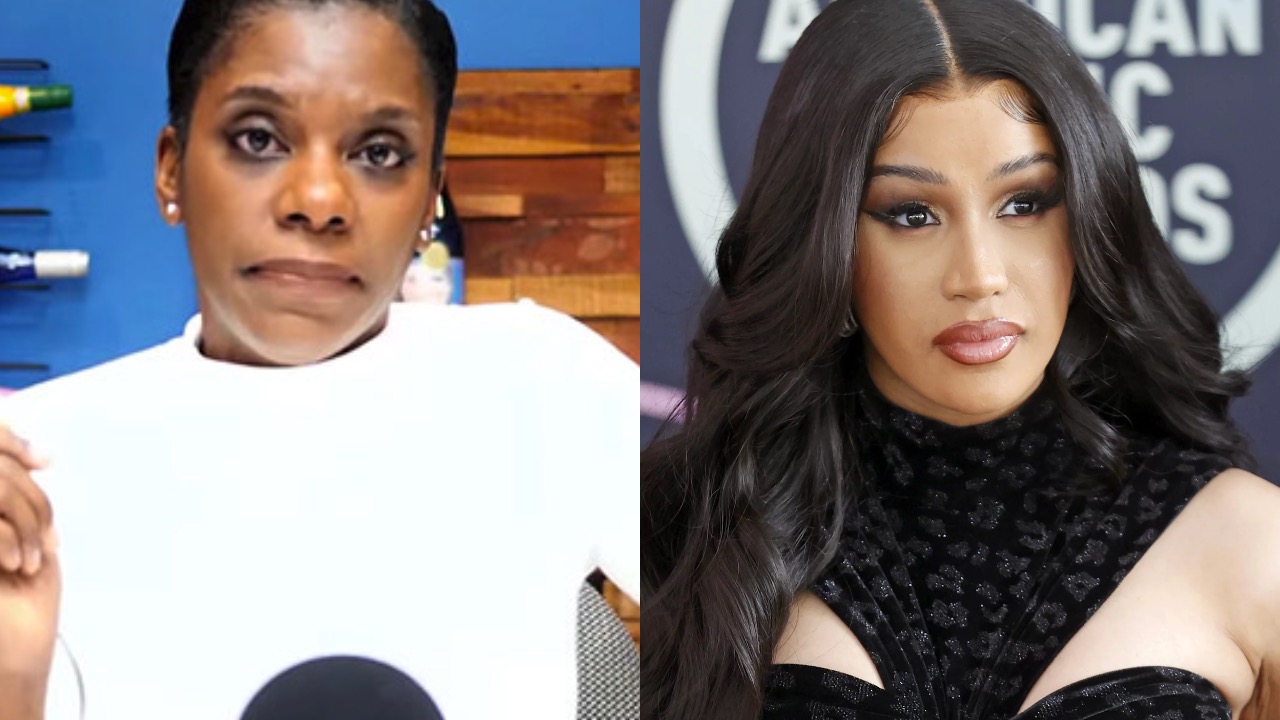Defamation suits against public figures are notoriously difficult to maintain. Public figures are held to a higher burden of proof in defamation cases and, according to the Supreme Court’s landmark 1964 New York Times v. Sullivan case, must show not only that they were defamed, but that the defamatory statement was made according to the stringent “actual malice” standard.
We witnessed how difficult it is to meet this standard just last week, when a federal jury in Manhattan returned a verdict against Sarah Palin in her defamation suit against the New York Times over a 2017 editorial linking the ex-politician to a 2011 Arizona shooting. Notably, Federal District Court Judge Jed Rakoff subsequently stated that he would have dismissed the case even if the jury had returned a verdict in favor of Ms. Palin.
But this strict standard did not stop another federal jury in Atlanta from finding in favor of rapper Cardi B in her defamation suit against YouTuber Tasha K just a few weeks earlier than the Palin verdict.
The jury awarded Cardi B roughly $4.1 million in damages, finding Tasha K liable on counts of defamation, invasion of privacy, and infliction of emotional distress against the famous rapper.
In her apparent vendetta against Cardi B, whose real name is Belcalis Almánzar, the YouTuber published videos claiming the rapper’s “then-unborn child may have intellectual disabilities,” that she “prostituted for a living,” cheated on her husband, “got herpes,” and “took molly and cocaine.”
The suit alleged that Tasha K “has become obsessed with slandering Plaintiff”, and that she “put out at least twenty-three videos regarding Plaintiff” in the 14-month period before the suit was brought in 2019. The jury seemingly agreed that the YouTuber conducted a “malicious” campaign to “damage and destroy” Cardi B’s reputation among her fans, and that she made her “blatantly defamatory statements” to promote her gossip channel for “personal financial gain.” Cardi B claims that she suffered substantial emotional damage and reputational harm as a result of the defamatory statements, leading to the “darkest time” in her life and leaving her on the brink of suicide.
The case tells a cautionary tale for the online celebrity gossip mill and its insatiable proclivity to create and spread destructive rumors about famous public figures.
This is unlikely to be the first successful defamation suit against online opportunists who launch slanderous attacks against prominent celebrities.
The tendency of the online megaphone to promote the loudest and most obnoxious voices may bring about a necessary adjustment to the law of public figure defamation.
At the same time, the Sarah Plain case suggests that traditional news outlets with their more stringent journalistic standards may maintain a more robust level of protection.
If you believe that you may have a defamation case and need help to move the process forward, please contact The Myers Law Group at (888) 676-7211, and one of our skilled attorney’s will assist you.







